Almost all digestive problems in babies can be solved by a slight change in either the babies' or the mothers' diet

Your baby woke half an hour ago from a great nap. You changed their diaper and fed them. So why are they crying so hard leaving you feeling helpless? Most likely, the reason is one of the common digestive problems that many newborns and infants go through in their first year.
Watching your baby crying their eyes out not knowing how to soothe them is so overwhelming and stressful. Fortunately, there are ways to help calm them down, ease their pain and settle them into a peaceful wake period.
Any one of these can be the culprit, but they all have solutions:
- Colic
- Regurgitation
- Constipation
- Acute diarrhea
Digestive Problem #1: Colic
Colic is one of the most common digestive problems in newborns and infants and sadly there is still no known specific reason for why it occurs.
You can identify colic by the following symptoms:
- Intensive crying
- Lifting feet towards the tummy
- Cold feet
- Clenched fists
- Red face
Colic is the most intensive around 6 weeks old and usually goes away spontaneously by 3 or 4 months.
Treatment of Colic
The only thing so far that has been shown to be effective in the management of colic in breastfed children (but not in formula-fed children) is taking a probiotic supplement that contains the bacteria Lactobacillus reuteri.
But just as important is counseling of the parents. It's vital to acknowledge that colic is common, not your fault, and will pass without any consequences.

But if your baby is experiencing intensive colic it can also be helpful to change the diet. About 25% of all infants that have colic also have an allergy to cow's milk so a first step is to remove it.
| Breast-fed babies | Formula-fed babies |
| 1. Mom should avoid cow's milk in her diet | 1. If formula based on cow's milk, change formula |
| 2. If there's improvement after 2 weeks, continue avoiding cow's milk | 2. If there's improvement after 2 weeks, continue using new formula |
| 3. If no improvement, see a pediatric gastroenterologist (mom can include cow's milk in her diet) | 3. If no improvement, see a pediatric gastroenterologist |
If mom is avoiding cow's milk in her diet, she still needs to make sure that she is getting nutrients like calcium and vitamin D from other sources.
Digestive Problems #2: Regurgitation
Another one of the common digestive problems is regurgitation. It is what it sounds like – food coming back up from the stomach to the esophagus and commonly identified as "spitting up". Although it's a passing discomfort sometimes the frequency of regurgitation can be worrying for us as parents. Therefore it is beneficial to take a few therapeutic steps and approaches to try and minimize it.
Treatment of Regurgitation
| Breast-fed babies | Formula-fed babies |
| 1. Improvement in breastfeeding technique (consider speaking to a lactation consultant) | 1. Give smaller amounts of food per feeding |
| 2. Hold your baby on your shoulder or put them on their side or tummy after feeding | 2. Re-evaluate feeding technique or bottle to minimize intake of excess air |
| 3. If no improvement, mom can consider removing cow's milk from her diet (an allergy may be the cause of the problem) | 3. If no improvement, think about anti-regurgitation formulas and eliminate cow's milk protein formulas for 2 weeks (an allergy may be the cause of the problem) |
| 4. If the baby is better after 2 weeks continue elimination; if not include cow's milk back in the mother's diet | 4. If no improvement, eliminate cow's milk protein formulas for 2 weeks to identify if the child might have cow's milk allergy |
In formula-fed babies, high volumes of food are one of the reasons regurgitation occurs since it takes a longer time to digest them. Feeding technique or the types of bottles can also be re-evaluated. An infant who takes in a lot of air during bottle-feeding can have more frequent regurgitation symptoms and gassiness.
If there is still no improvement then it might be beneficial to give the child anti-regurgitation formulas. These are high-density formulas in which rice, corn, potato starch, carob or guar have been added.
For breast-fed infants, there are fewer therapeutic approaches in minimizing regurgitation symptoms. You need to make sure the child has a good latch on the breast which would minimize the amount of air he can take in.
Another technique is to hold your child for longer after feeding or put them on their tummy or sideways. Keep in mind that in this case you'd need to keep a constant eye on them as it's advised that babies should be left on their backs to minimize the chance of SIDS.
Ultimately, at this age, babies are still learning to recognize the feeling of being full and can easily over-eat. As they grow this will naturally become less of a problem.

Digestive Problems #3: Constipation
Constipation is another common cause of panic for some parents. It's characterized by an inability to poo, with very painful attempts. Healthy infants can have up to 12 stools a day but after the age of 6 weeks, they can also have only one stool in 3 to 4 weeks and still be considered healthy if they are normally growing and developing.
Treatment of Constipation
| Breast-fed babies | Formula-fed babies |
| 1. Counseling of the parents | 1. Additional intake of liquids |
| 2. Put a hot water bottle on the abdomen | 2. Use of prune, apple or pear juices |
| 3. Massage abdomen | 3. Laxatives upon discussion with a professional |
In breastfed infants, constipation is, in most cases, a normal occurrence. If the child has one stool in 3 to 4 weeks, no additional therapy is required other than counseling of the parents to keep calm! If your baby has periods of intensive crying due to pain in the abdomen you can put a hot water bottle on the abdomen or do some gentle massage.
For formula-fed infants, additional intake of liquids (water, diluted non-caffeinated teas) might be beneficial. You can also give a little prune, apple or pear juices. Juices should be limited to 3.5-5 oz/day. In some cases laxatives are also needed for children older than 6 months but only if recommended by your pediatrician or a pediatric gastroenterologist.
Digestive Problem #4: Diarrhea
Acute diarrhea is a common digestive problem that usually affects children under three years of age. It may be a problem if there's a significant change in the frequency, quantity, and/or consistency of your baby's poop.
It results in a significant loss of liquids and nutrients from the body. The most important thing is to maintain an adequate diet and level of hydration for your child.
It occurs more frequently in formula-fed children and children that have started solids. Breastfed infants rarely experience acute diarrhea since breastmilk both prevents it as well as helps its symptoms.
Treatment of Acute Diarrhea
Within 4 hours of the first signs (and preferably sooner), your child needs to start re-hydration. This can be done with an "Oral Re-hydration Solution" (ORS). ORS contains 50-60 mmol/L of sodium (Na).
| Breast-fed babies | Formula-fed babies |
| Continue breastfeeding | Give usual formula after re-hydration started |
Formula-fed infants and children that have started solids should be given food soon after re-hydration has started. Usually, this means within 4 to 6 hours. Solid food helps children regain their body weight and speed up the recovery process.
Children already eating solids can be given their normal meals, but it might be helpful to avoid foods typically used to help with constipation!
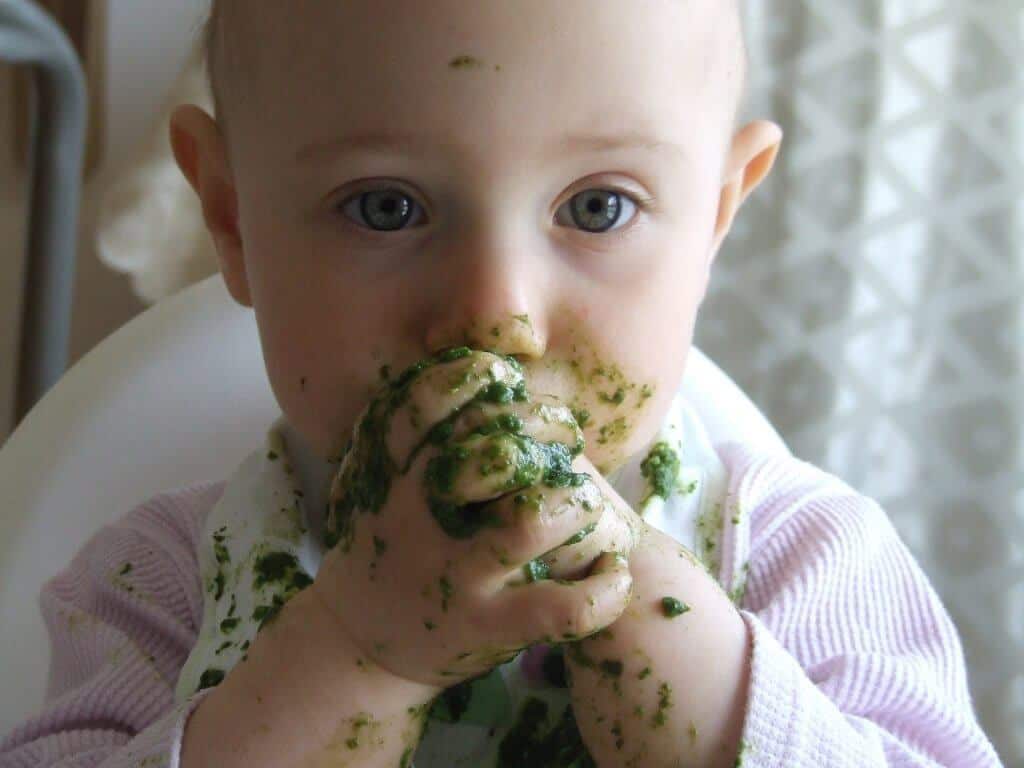
Probiotics can also be given to children who suffer from acute diarrhea. Saccharomyces boulardii, Lactobacillus reuteri and Lactobacillus rhamnosus GG have proven to be the most effective.

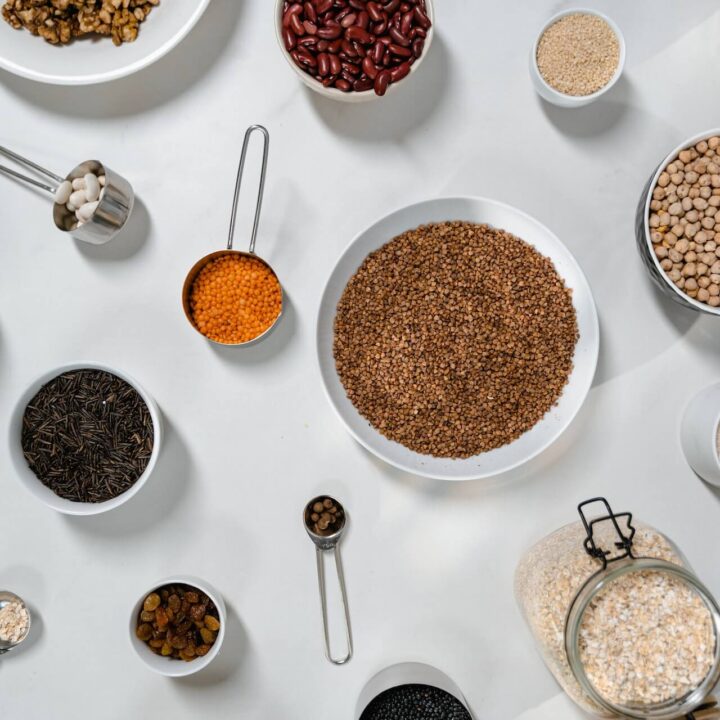
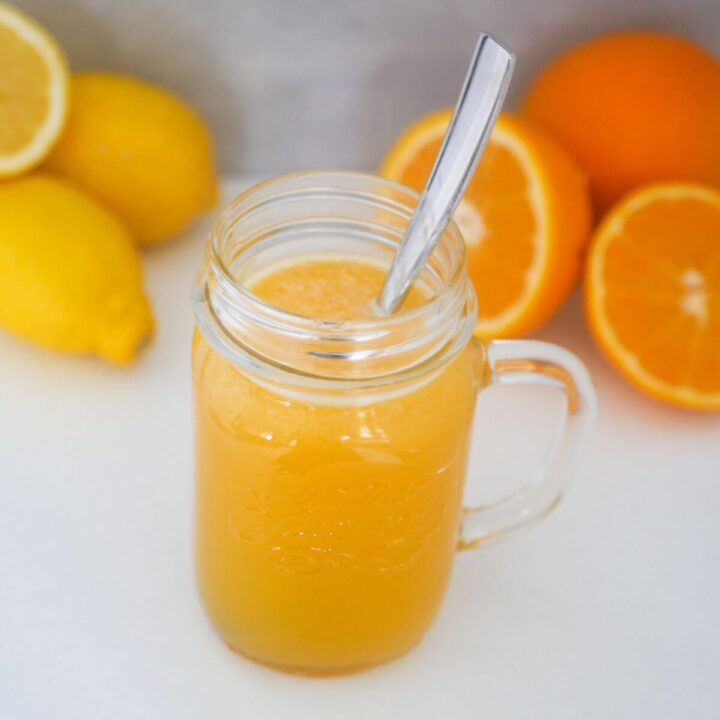
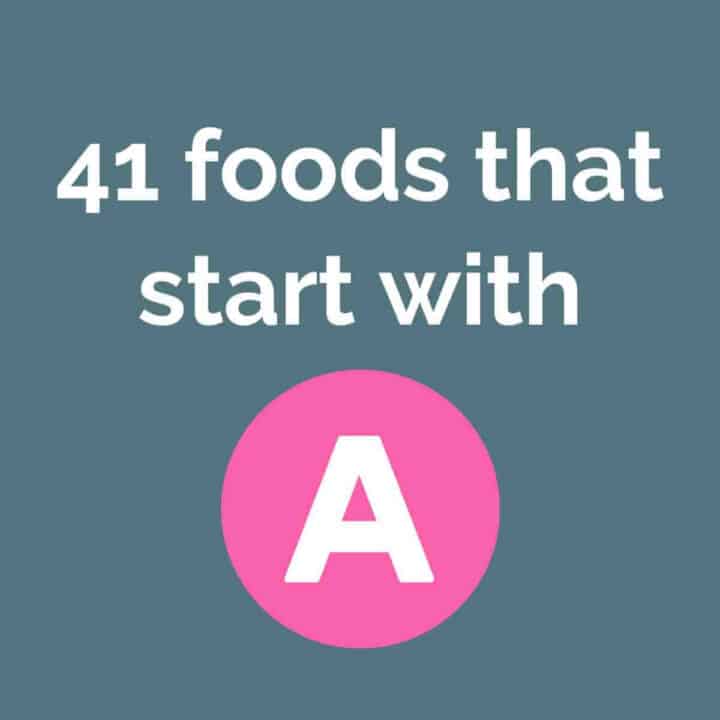
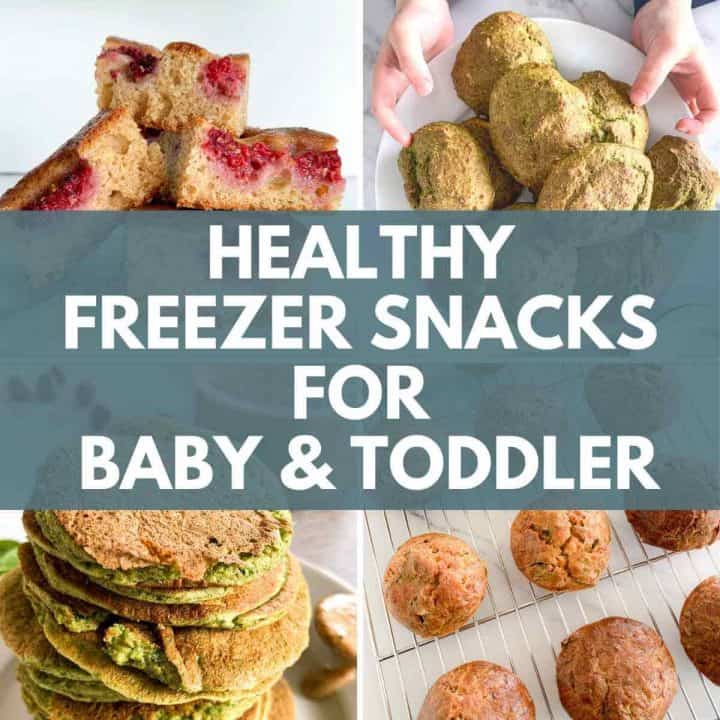
Dora
Thank you!